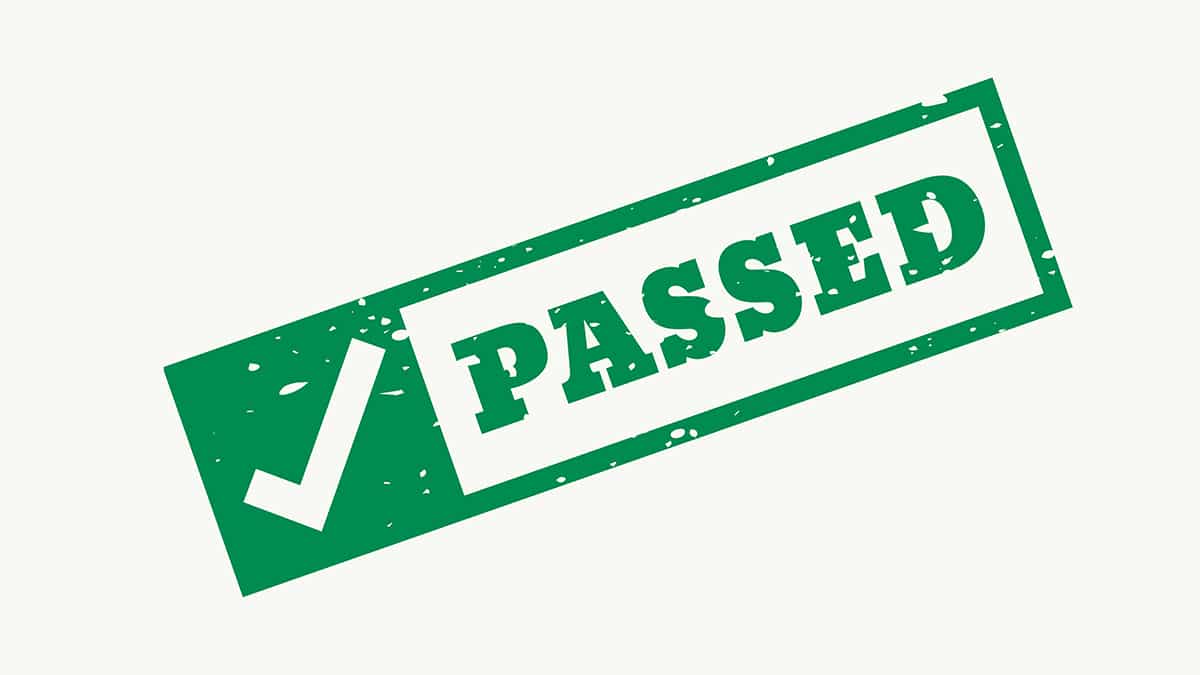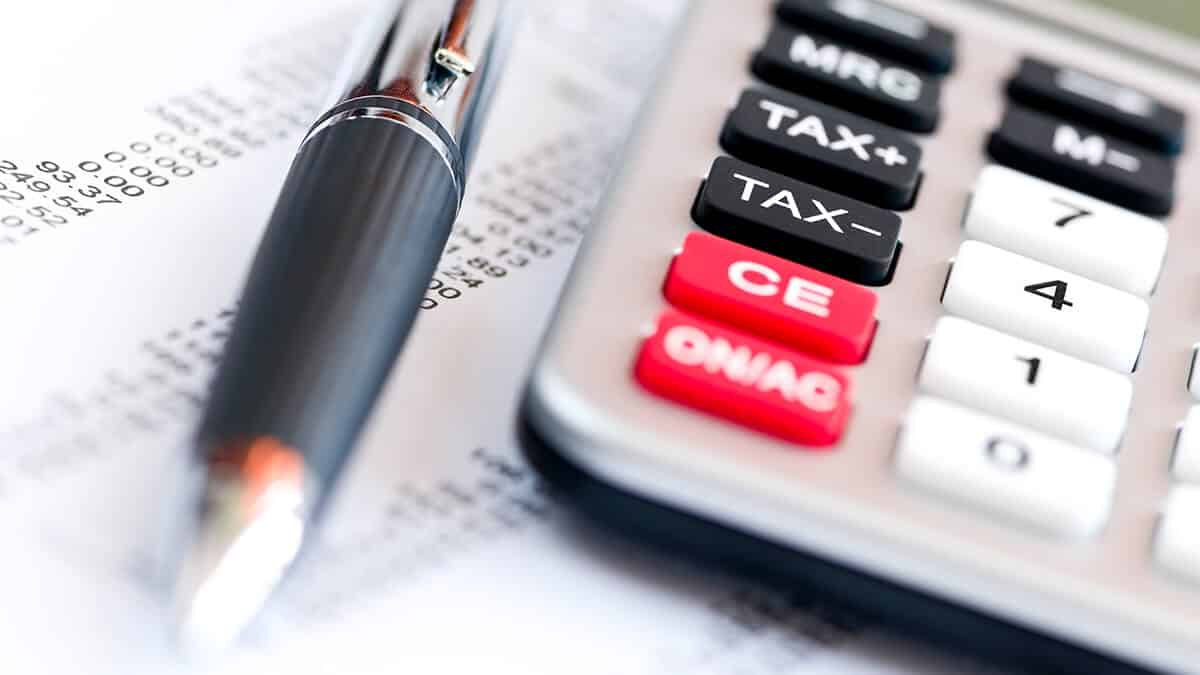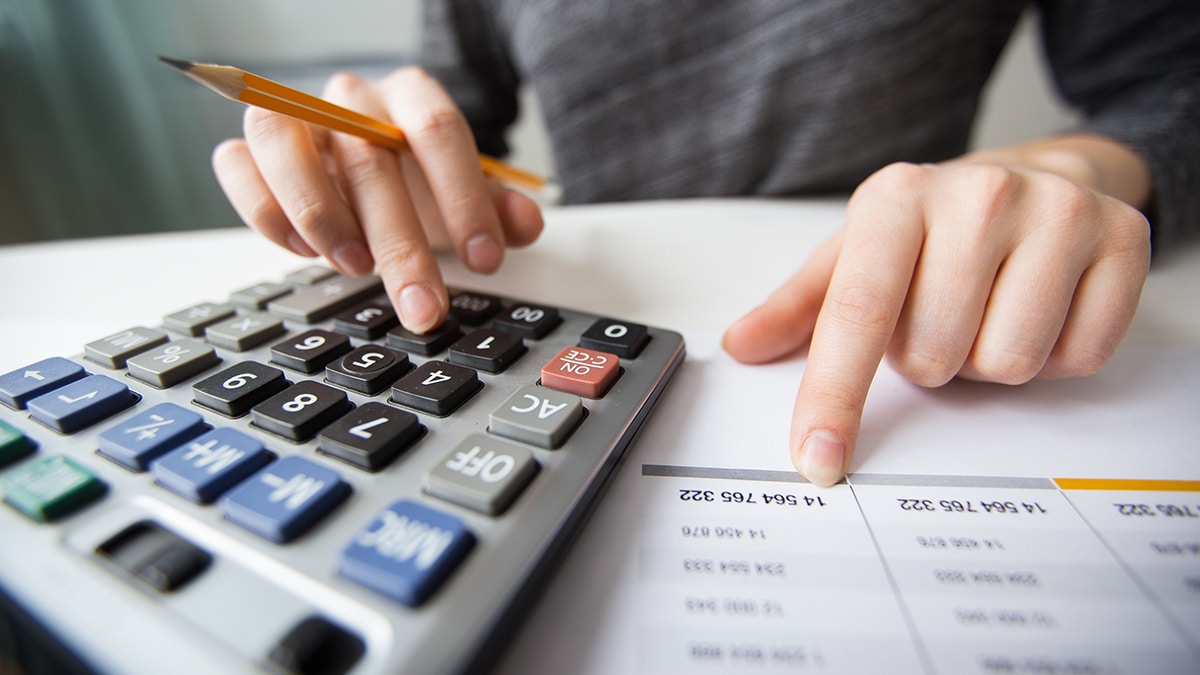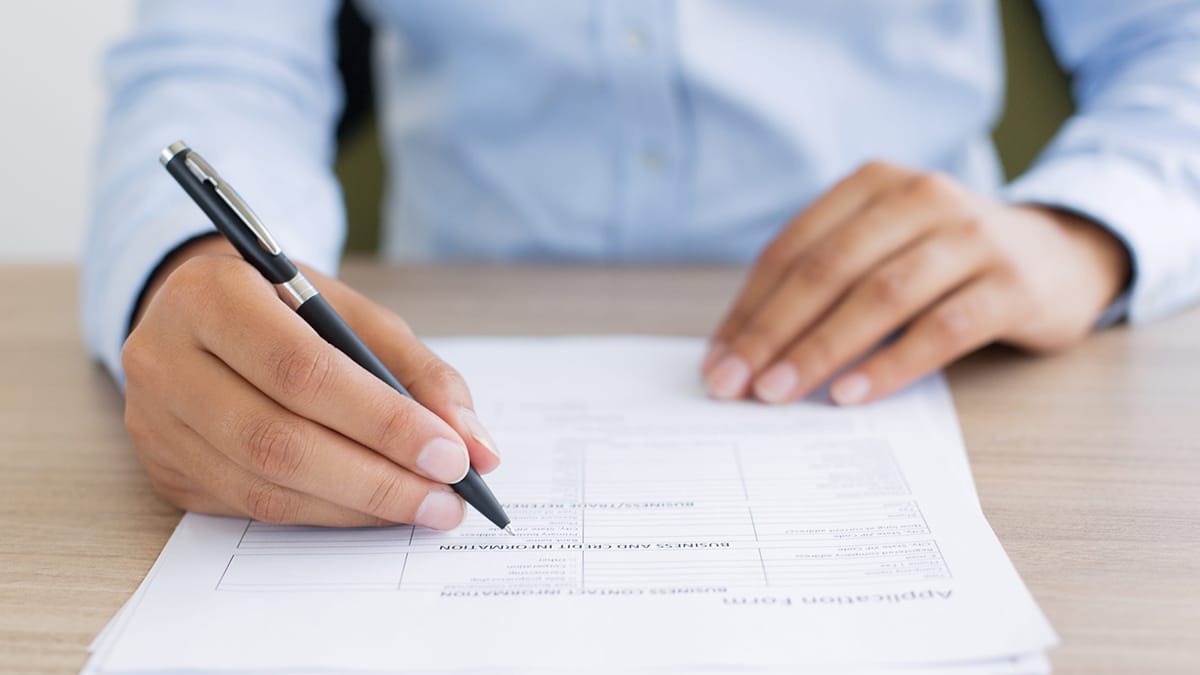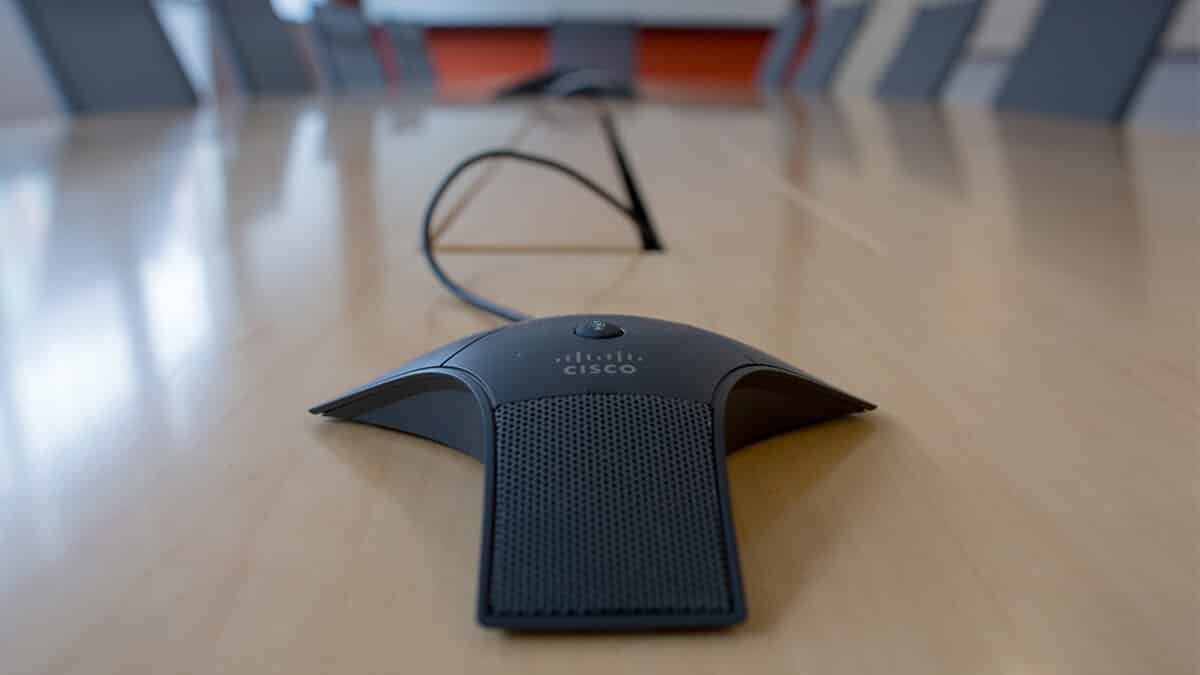In this guide
Many people are keen to make last minute super contributions, even after reaching what many would consider to be retirement age.
In the past, the ‘work test’ was a significant obstacle, requiring anyone 67 or older to prove they were gainfully employed before their super fund could accept any voluntary contributions.
All this changed in 2022, when the work test was abolished for most contributions. While this sounds great, you still need to take care, as the work test remains a requirement for one type of super contribution.
How is the work test applied?
Under current laws, the work test applies only to personal contributions you claim as a tax deduction. It is enforced when you make this type of contribution during the period between the day you turn 67 and the day that is 28 days after the end of the month you turn 75.
When you are in this age range and make a personal contribution that you later seek to claim a tax deduction for, the ATO will check to see if you meet the work test requirement at the time you lodge your income tax return. The work test can be met in any period in the financial year during which you made the contribution.
If the ATO finds that you do not meet the requirements of the work test and you are not eligible for the work test exemption, your claim for a tax deduction will be refused.
You don’t need to meet the work test to make or receive any other type of super contribution.
Learn about tax-deductible super contributions.
Case study: Work test to claim a deduction for personal super contributions
In 2023–24, Kumiko turned 66 years old. She did not need to satisfy the work test or meet the work test exemption criteria to be able to claim a deduction for personal super contributions in her tax return. However, she did have to give her fund a notice of intent to claim a tax deduction for personal super contributions and receive an acknowledgement of the notice.
In 2024–25 Kumiko turns 67 years old. She does not need to satisfy the work test or work test exemption to be able to contribute to her super fund before she turns 67 years old. However, if she makes the contribution after she turns 67, she must satisfy the work test or meet the work test exemption criteria to be able to claim a deduction for her personal super contributions. She must also provide her fund with a notice of intent and get an acknowledgement.
Source: ATO
